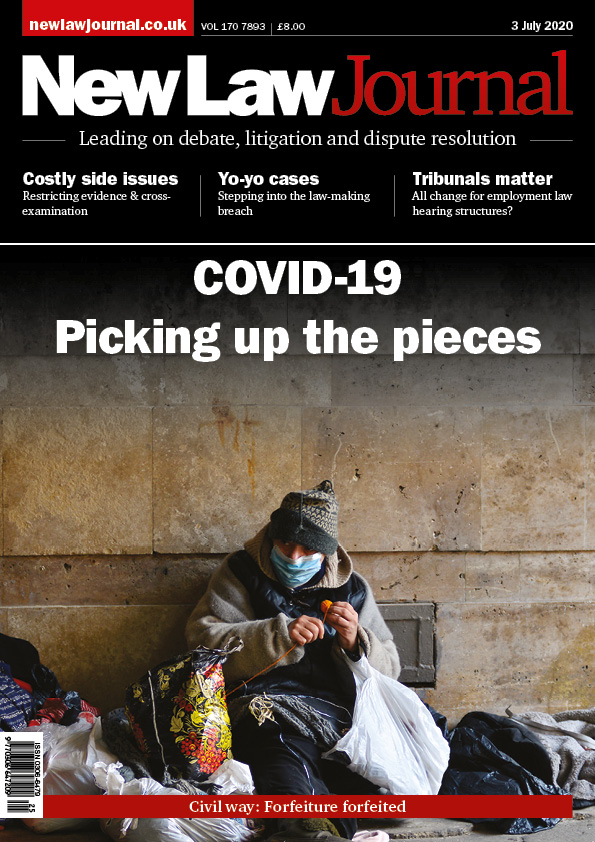
NLJ columnist Stephen Gold highlights recent caselaw in his Civil way column this week.
Meanwhile, ‘stories abound of abuse and disruption from litigants in person during remote telephone hearings in family cases’. Offenders should be warned that the recording of their behaviour could be used against them as evidence of contempt of court. If the bad-mouthing continues, the offending party can be thrown off the call.
For this and other pure Gold, click here










